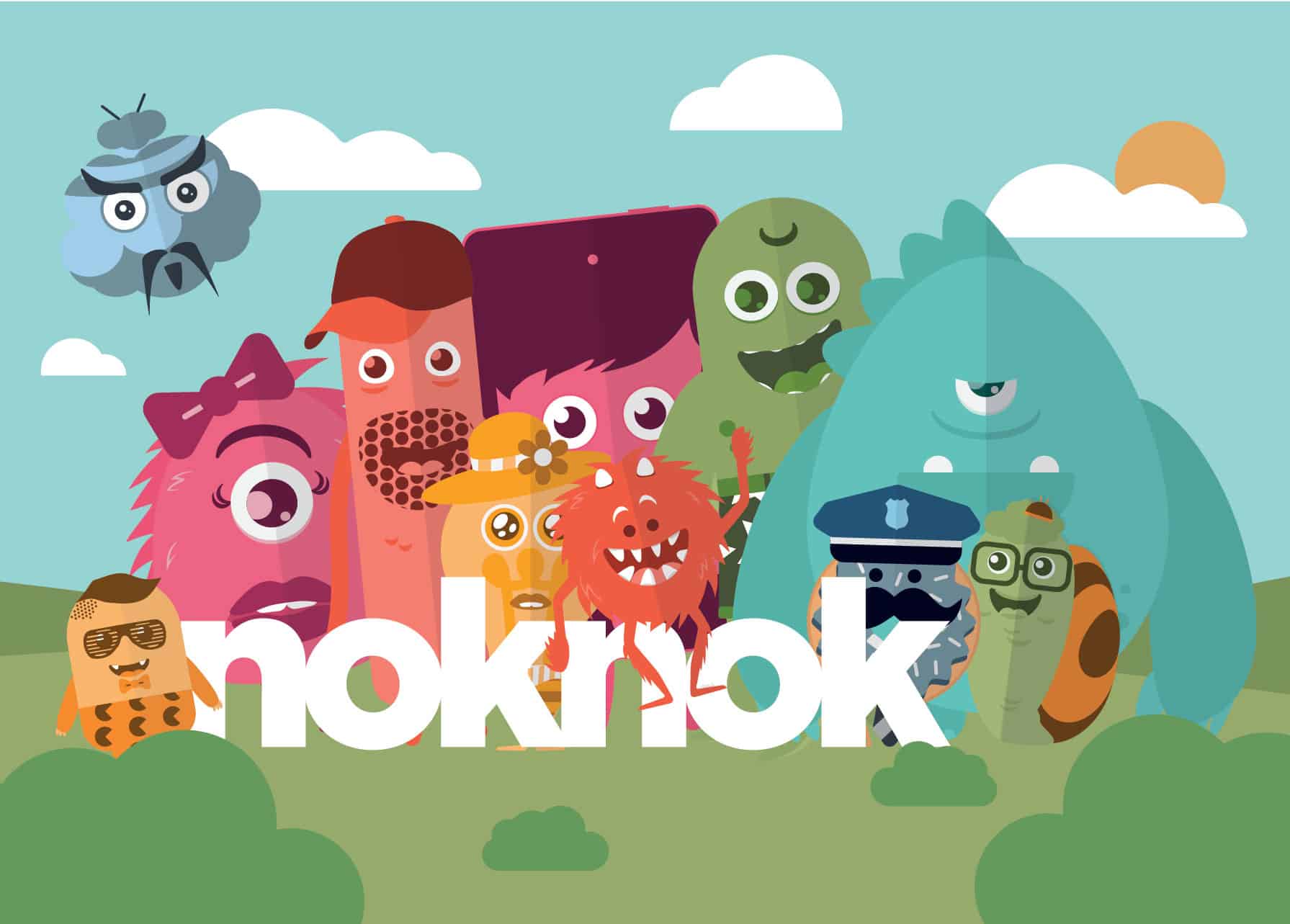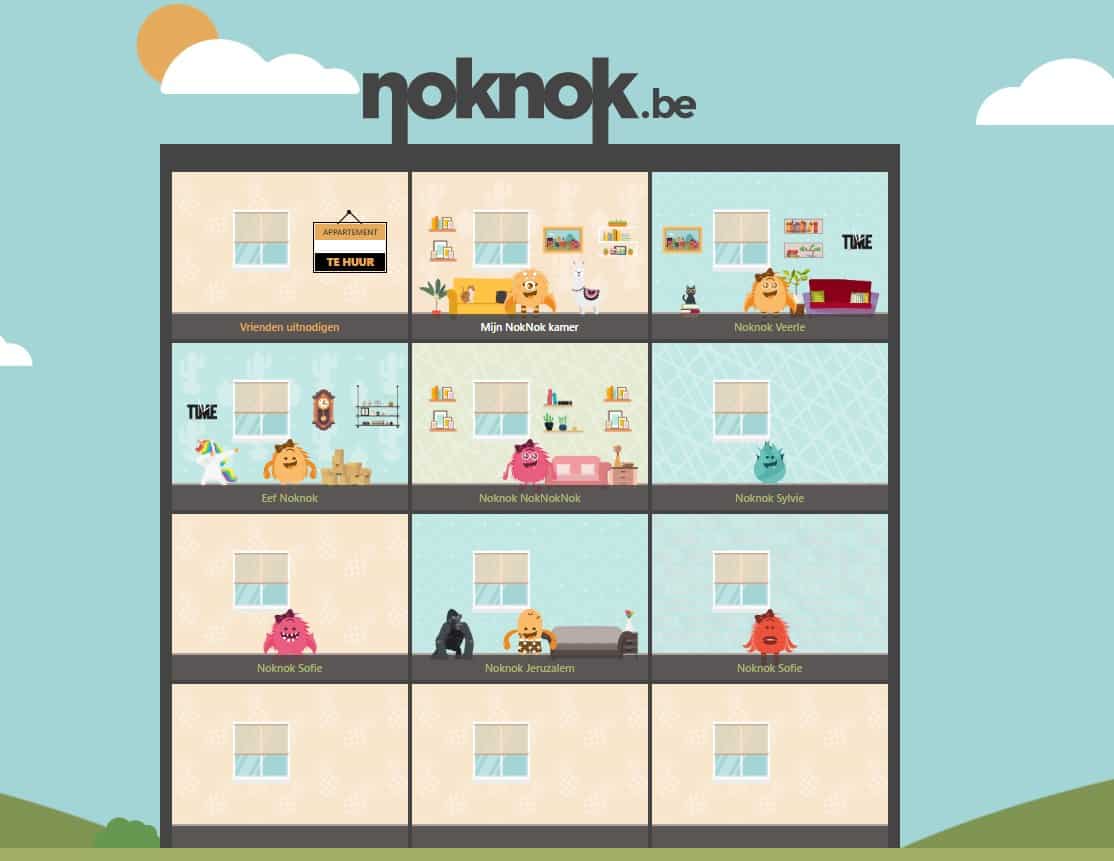On the international day of happiness, the Flanders Institute of Healthy Living launched a new tool to increase the mental resilience of adolescents (www.noknok.be). Using a combination of online coaching, mental health tips, and exercises, it motivates and stimulates adolescents to strengthen their mental wellbeing and resilience.
By Anne Verlinden
In today’s competitive society, adolescents are continuously challenged and don’t have much room for failure. This constant pressure and aim for perfection makes it hard to develop a strong mental resilience, and can lead to feelings of unhappiness or insecurity.
The recent HBSC-study (Health Behaviour in School-aged Children, 2014) revealed that only 75% of Flemish 11-year olds are satisfied with their life. 29% of 15-year-old girls and 13% of 15-year-old boys in European countries reported “feeling low” more than once a week.
Tailor-made resilience training
In Flanders, Belgium, 12- to 16-year-olds can now improve their well-being and resilience with NokNok. On this newly developed interactive coaching platform, adolescents learn how to cope with stressors, to improve their self-confidence and to develop a positive vision on life. The tool is easily accessible and young people can use it on their own pace.
The Gateway to the platform is an extensive questionnaire (the ‘NokNok resilience test’) assessing the resilience, coping behaviour, and social connections of NokNok visitors. The test is based on a clinically validated psycho-diagno
With more than 20 interactive exercises rooted in cognitive behavioural therapy and positive psychology, NokNok visitors can develop key skills underlying mental wellbeing. They learn to look at situations from different perspectives, gather insight on the influence of their thoughts on their feelings and behaviour, develop a positive mindset, discover their strengths, learn to set boundaries, or find inspiration to relax and make time for themselves.
Learning in a game-like environment
The NokNok platform uses gamification elements to motivate and re-enforce young people. Colourful monsters play a major role in the look and feel of the website. Each of the NokNok characters has their own personality and give advice and tips on mental health. NokNok visitors create their own unique monster when setting up their account. Each one lives in its own NokNok-room which can be completely personalised. Users can choose things like pineapple wallpaper, inspiring quotes on the wall, cool plants, and unicorns as pets. The more progress youngsters make on the platform, the more decoration options they unlock to style their personal NokNok space.
Inspiring community
To promote online support and connection, each user can invite friends – as NokNok figures. They can show each other
The NokNok users also cooperate to win NokNok challenges. Each month, they collect as many tips as possible about a happiness-related topic. For the first challenge over 460 moments of happiness were submitted. In the second challenge adolescents recommend ultimate feel-good songs to each other.
Success factors for web-based interventions
Research on eHealth interventions emphasises the importance of user adherence for the success of the intervention. Therefore, persuasive system design and user involvement were key priorities in the development of NokNok. The platform encompasses principles of tailoring, self-monitoring and suggestion. The goal module aims at reducing target behavior into simple tasks. In the exercises, youngsters can rehearse specific skills, while discovering fitting suggestions and earning praise for their successes. Finally, with the game concept, NokNok provides rewards for target behavior, personalisation options, and an attractive design.
Over 100 adolescents were involved in the development of NokNok. Their ideas and feedback helped shaping the content and look, making the platform more relevant and motivating for peers.
Promising launch
Popular social media influencers are involved to promote NokNok: they recommended the new platform on their social media channels. They also take part in the monthly challenges, inspiring youth to do the same. In the long term we work structurally together with counselors in education and youth care organisations and with volunteers of mental health helplines for youngsters.
With over 3,500 new accounts during the first few months and positive feedback from youngsters, the new platform seems promising.
“I think it’s a really enjoyable environment, full of useful and fun exercises. I love the fact that I can design my own NokNok room with earned points and that I could create my own avatar! I feel like it is especially designed for children of my age which is so nice!” – anonymous NokNok user
In 2015 a comparable online self-help program for adults was launched by Flanders Institute for Healthy Living (www.fitinjehoofd.be). Evaluation studies illustrated that users who adhered most to the advice (e.g. by doing more exercises) reported significantly higher resilience in a post intervention measure. They developed a healthier coping style as well as an enhanced subjective wellbeing.

Anne Verlinden
Anne Verlinden is a clinical psychologist working on mental health promotion at the Flanders Institute of Healthy Living.
